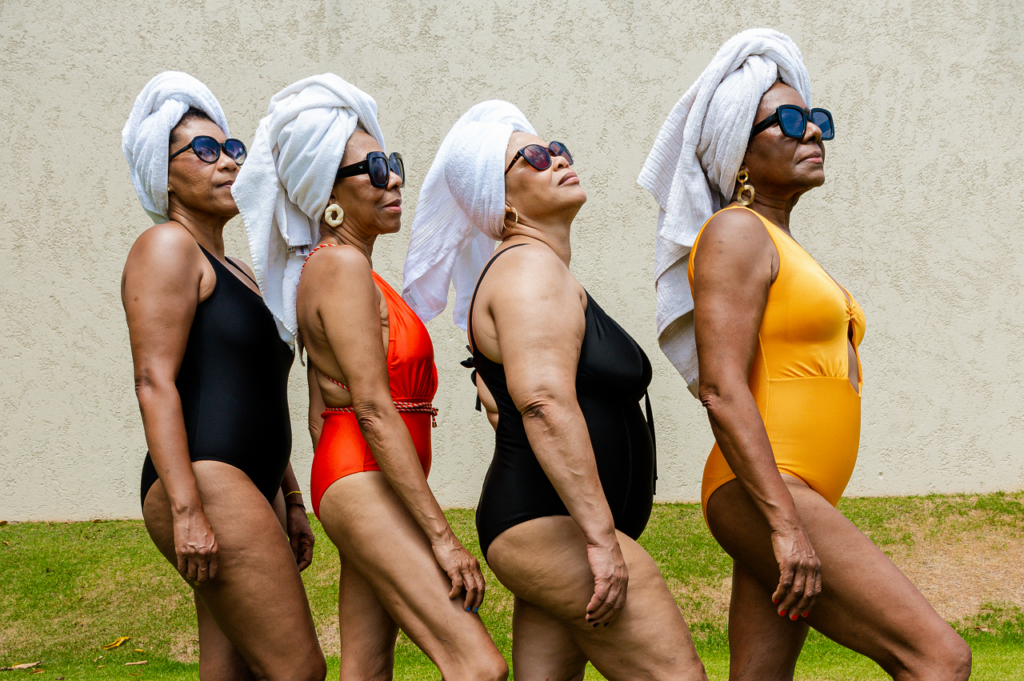Several things play a role in the problematization of sexuality in memory care/senior care. One of them is that memory care and elderly care, in general, are organized within the medical system through a series of practices, policies, attitudes, and behaviors. This system has historically been referred to as medicalization.
Secondly, the historically embedded negative societal attitude towards sexuality and aging has set a process in motion in which nonmedical problems become defined as medical problems or even as a disorder. This negative attitude means that when a resident in senior care shows any sexual behavior, it is considered a disorder that needs to be treated and fixed. This behavioral problem is also known as Inappropriate Sexual Behavior (ISB). ISB means that either a verbal or physical activity is perceived as sexual, which is deemed unacceptable or inappropriate within the social setting in which it occurred. This definition of IBS shows that it derives from the judgment of observers, which makes it a subjective assessment. Subjective judgment results in a wide range of reactions, with a range of emotional responses, which leads to discomfort in both staff and seniors.
Problematization of sexuality in senior care/memory care is preventable by increasing staff knowledge and developing guidelines/policies that support teams and care organizations. Increased knowledge can deconstruct biased views and construct a perspective on intimate behavior that shows respect and confidence and promotes well-being in seniors.

